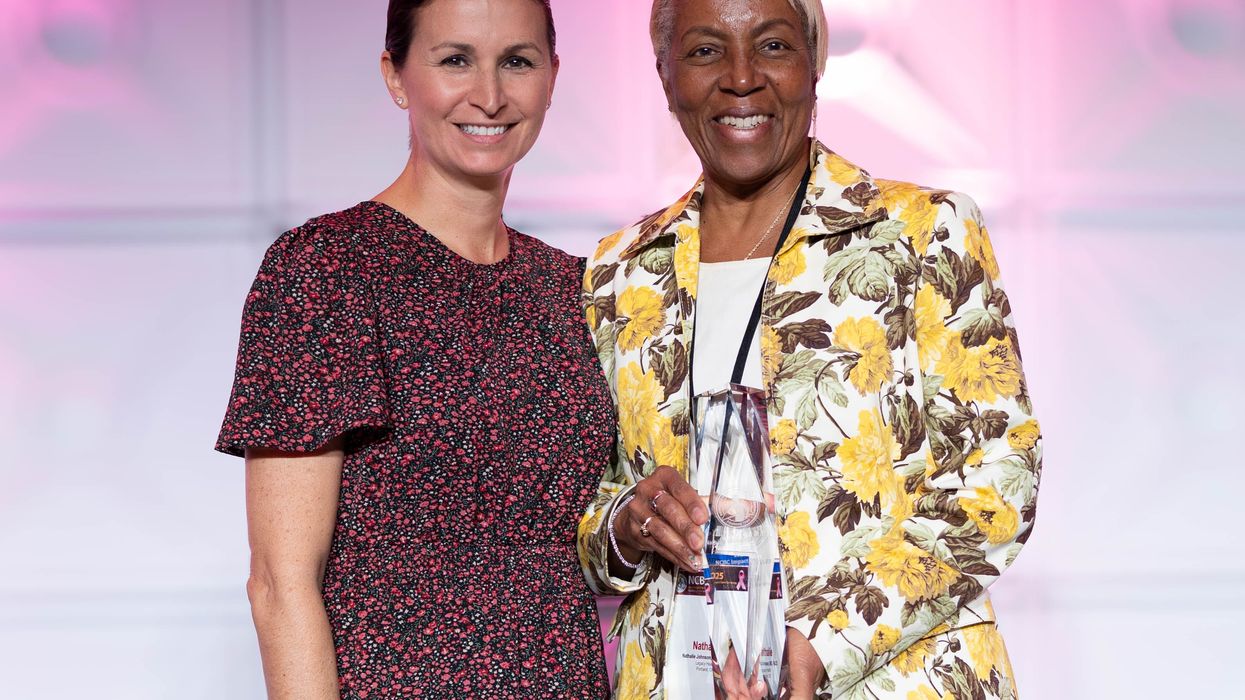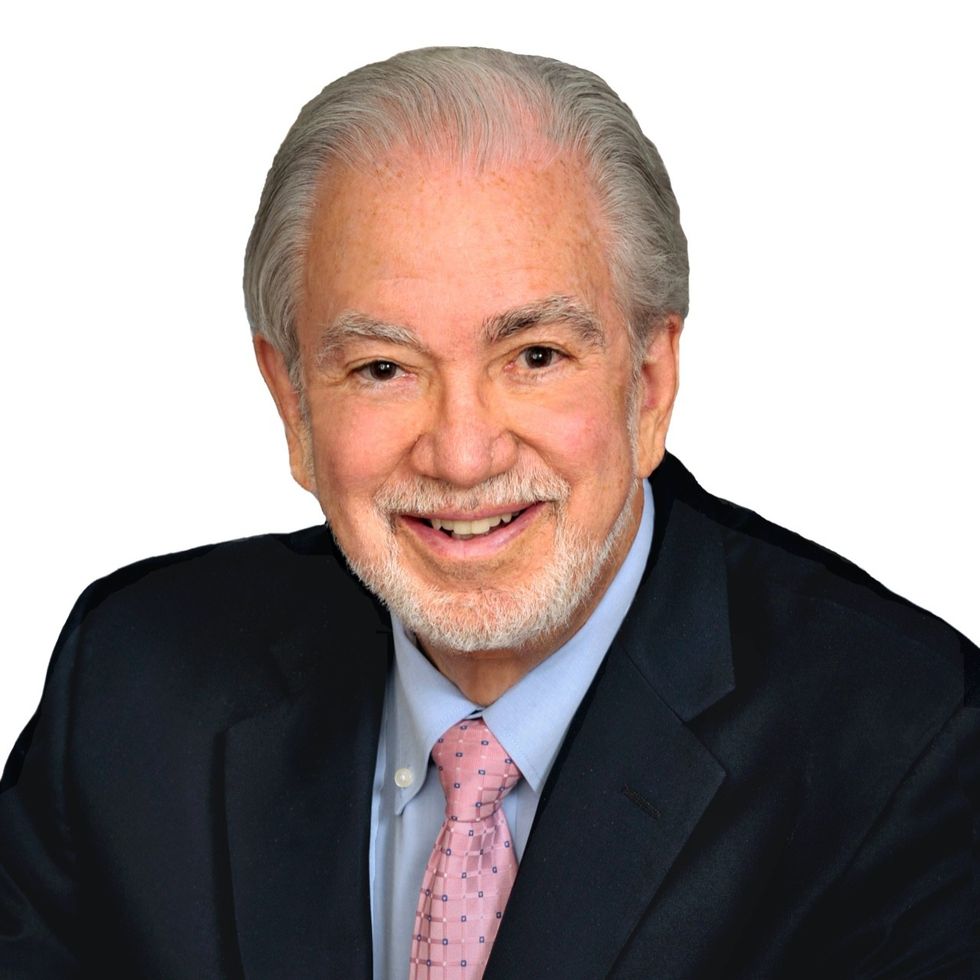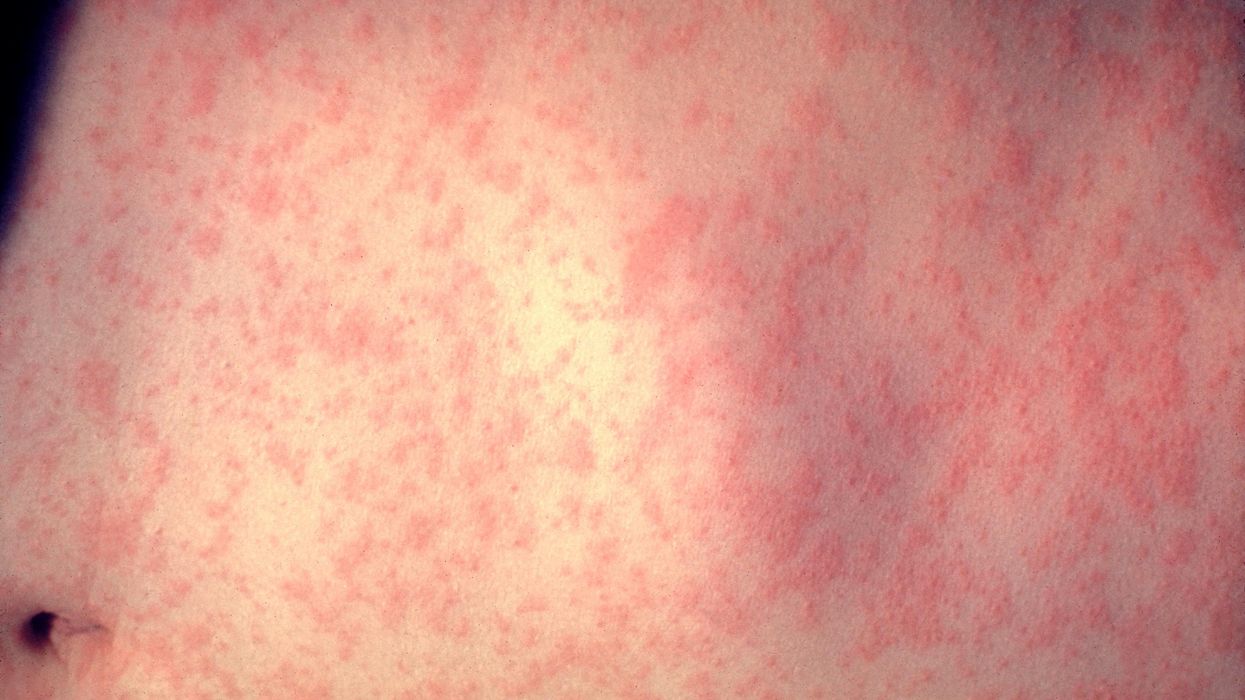Las Vegas, NV – March 27, 2025 – Dr. Nathalie Johnson, a distinguished leader in breast cancer care and advocacy, was presented with the prestigious Impact Award at the NCoBC 2025 34th Interdisciplinary Breast Center Conference, held at Caesars Palace in Las Vegas. The NCBC Impact Award recognizes individuals whose pioneering contributions have significantly advanced breast cancer care, research, and advocacy.
The award was presented to Dr. Johnson by NCBC Board President, Jennifer Plichta, MD, MS, FACS, CGRA, in recognition of her unwavering commitment to improving breast cancer treatment, education, and patient care.
"The Impact Award recognizes an individual whose contributions have profoundly influenced breast cancer care, research, or advocacy. This year, we are proud to present this award to Dr. Nathalie Johnson, whose leadership and dedication have transformed the landscape of breast cancer treatment and education. Her tireless efforts have improved countless lives and established a standard of excellence that will inspire future generations," said Kimberly Samuels, Executive Director of NCBC.
Dr. Johnson's career includes a significant role as the Commissioner of Health for the U.S. Virgin Islands, where she worked to enhance public health initiatives. She was later recruited to Oregon to develop Legacy Health-Good Samaritan’s breast health centers and advance cancer patient care. As a past president of the American Society of Breast Surgeons, Dr. Johnson continues to serve on its Board of Directors. Beyond her clinical practice, she is actively involved in breast cancer research and has previously served on the Board of Directors for NCBC.
Receiving the Impact Award further solidifies Dr. Johnson’s status as a trailblazer in the field of breast cancer treatment and advocacy, marking another major achievement in her exceptional career.
About the NCBC: National Consortium of Breast Centers established in 1986:
A nonprofit organization dedicated to excellence in interdisciplinary breast health & oncology care for the general public.










 Dr. Jay Harness, MD, FACS, founder of Cancer Fitness, believes that when a woman begins exercising after breast cancer, it marks the start of her personal reconstruction journey.
Dr. Jay Harness, MD, FACS, founder of Cancer Fitness, believes that when a woman begins exercising after breast cancer, it marks the start of her personal reconstruction journey.







